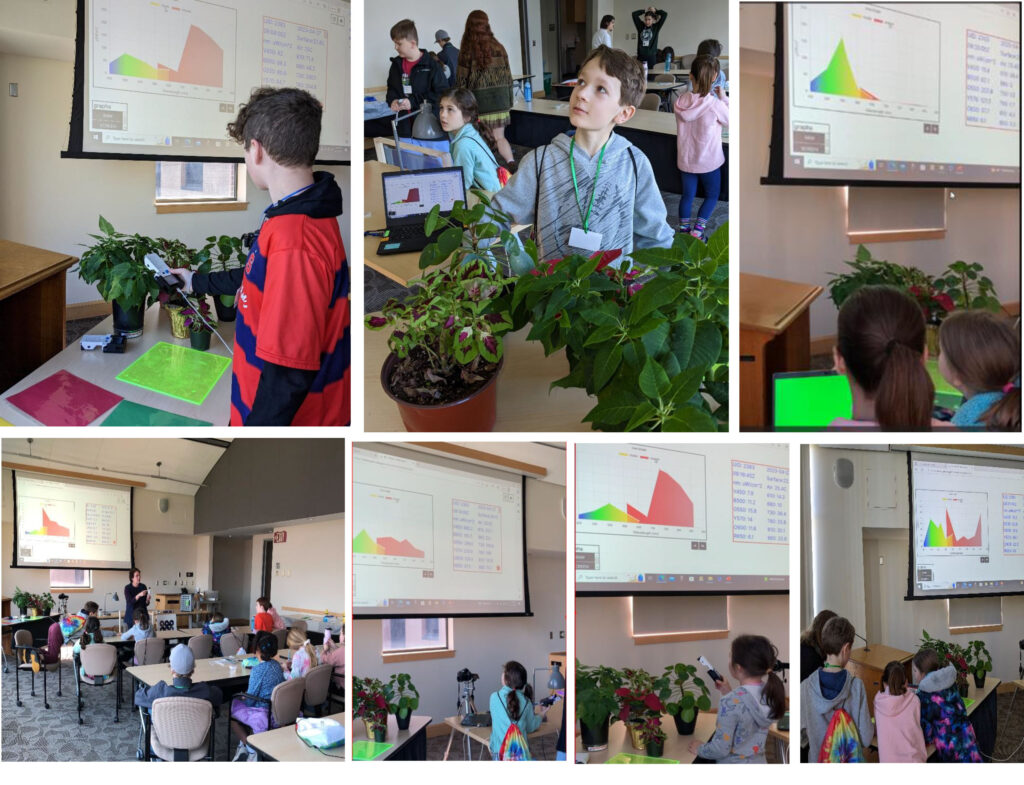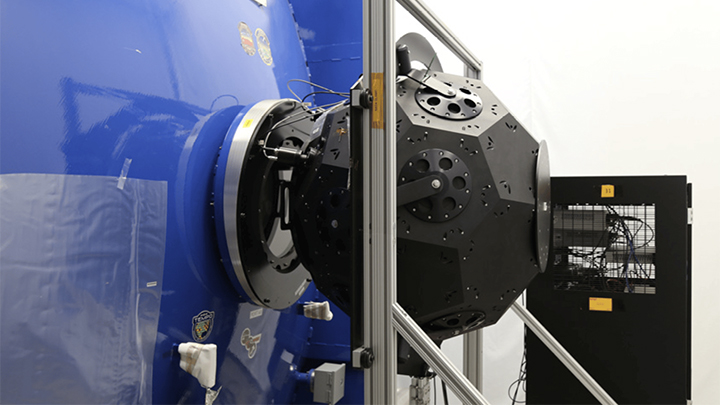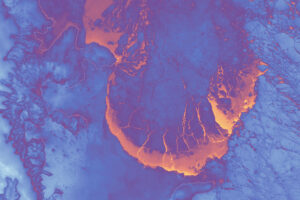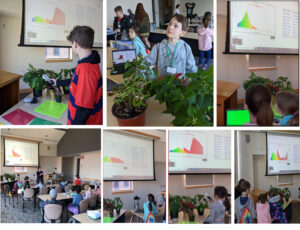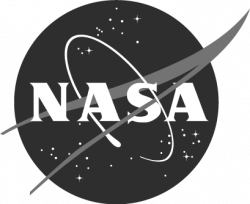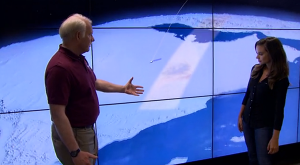
The premise of this episode was: “Thousands of satellites orbit the Earth everyday, helping us in ways that we may not even be aware of. But how are they made? Where do they live in space? And how do they avoid crashing into each other?”
To answer these questions, host Emily Calandrelli learned about communication satellites at Space Systems/Loral, as well as the Landsat series of satellites and IceSAT at NASA’s Goddard Spaceflight Center, and lightweight Cubesats that can hitchhike to space with larger satellite launches.
Calandrelli tells viewers that in the realm of space-based land observation, “the granddaddy of them all is the Landsat series which started over four decades ago.”
Landsat 8 Project Scientist, Jim Irons, explains the importance of Landsat to Calandrelli this way, “Population in 1972… was around 4 billion people. When we launched Landsat 8 there was 7 billion people on the surface of the planet. Due to those factors our land use and land cover has changed dramatically and continues to change and we use the information and the images from the Landsat satellites to understand the change, to study the trends, and to predict the future.”
The satellite episode of Xploration Outer Space (Season 1, episode 10) can be viewed on HuluTV; Information about Landsat starts at time stamp 9:06.
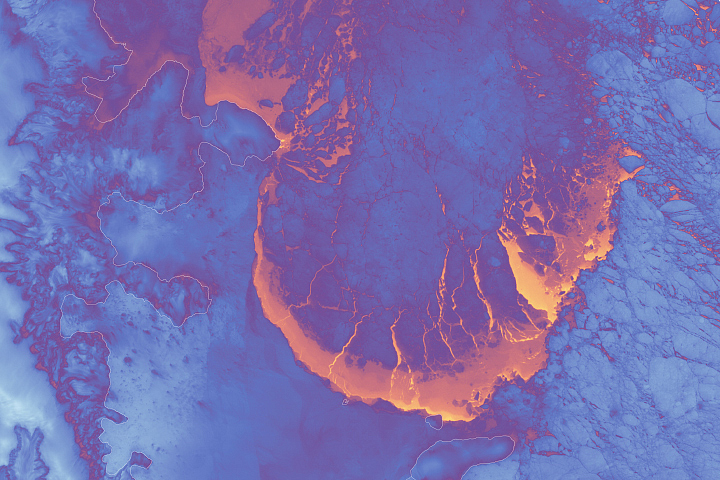
Scenes from the Polar Night
Landsat satellites have begun regularly acquiring images of ice at the poles during the winter, with enlightening results.

